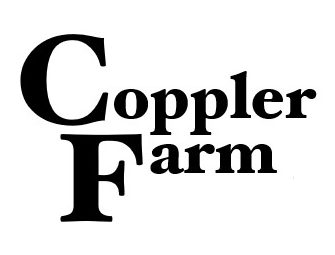FAQ
What should I expect when I come for a trail ride or lesson?
There are some simple things that you can do to be prepared. Wearing proper clothing, especially shoes, is important. Please do not wear flip flops or sandals, a shoe or boot with a heel is preferable. Long pants will protect your legs from pinching or sticking to the saddle. Helmets are always offered and required for anyone under 18. Trail riders may bring beverages, phones/cameras, a jacket etc. You will be provided with a bag to carry them in. You will be required to sign our waiver before handling the horses. For lessons, you will be involved in grooming and tacking up of the horse; for trail riders this is optional. The instructor will pair you with a horse based on your riding experience and confidence level. You may be asked to switch horses if needed, sometimes a particular horse and their personality is better suited. Trail riders, you will be given instruction in the arena or round pen until you and your instructor both feel confident that you understand how to handle your horse safely. Then we will head out onto the trail! Students will primarily receive instruction in the arena, but will occasionally spend time out on the trail as well.
What is equine life coaching and equine assisted learning?
Equine life coaching is a method of using equines (horses) to help those who feel “stuck” in their life. Our philosophy is: thoughts cause feelings which lead to actions which create results. We believe in personal responsibility, awareness and balance in our lives. We do not provide the answers, rather we believe each individual possesses their own answers and we simply provide support and tools to help find them. Equine life coaching is for forward thinking and solution oriented people. We provide equine life coaching for individuals and groups.
Equine assisted learning uses equines to develop personal life skills. In order to get along well with horses, some of the abilities we need are leadership, healthy boundaries, and we must be mindful of what is happening at the moment (be in the present). We can also learn by observing what horses do, their interactions with other members of the herd, and how and why they respond the way that they do. Equine assisted learning is not mental health treatment. We provide equine assisted learning for individuals and groups.
